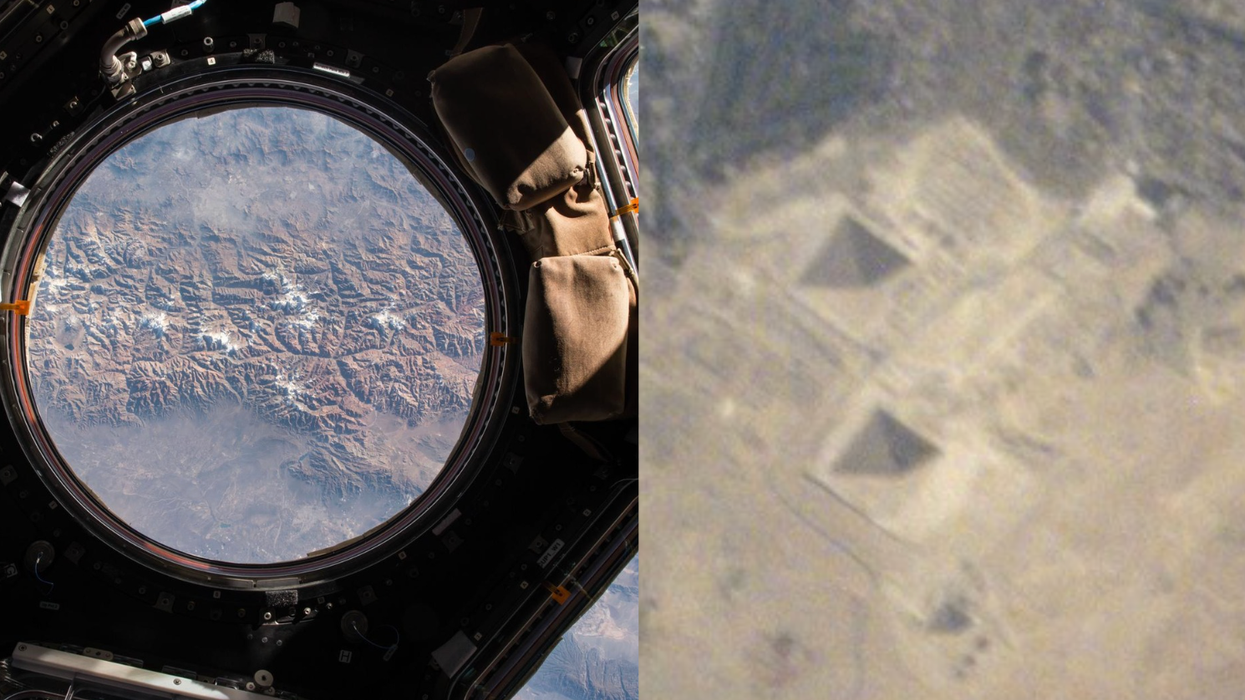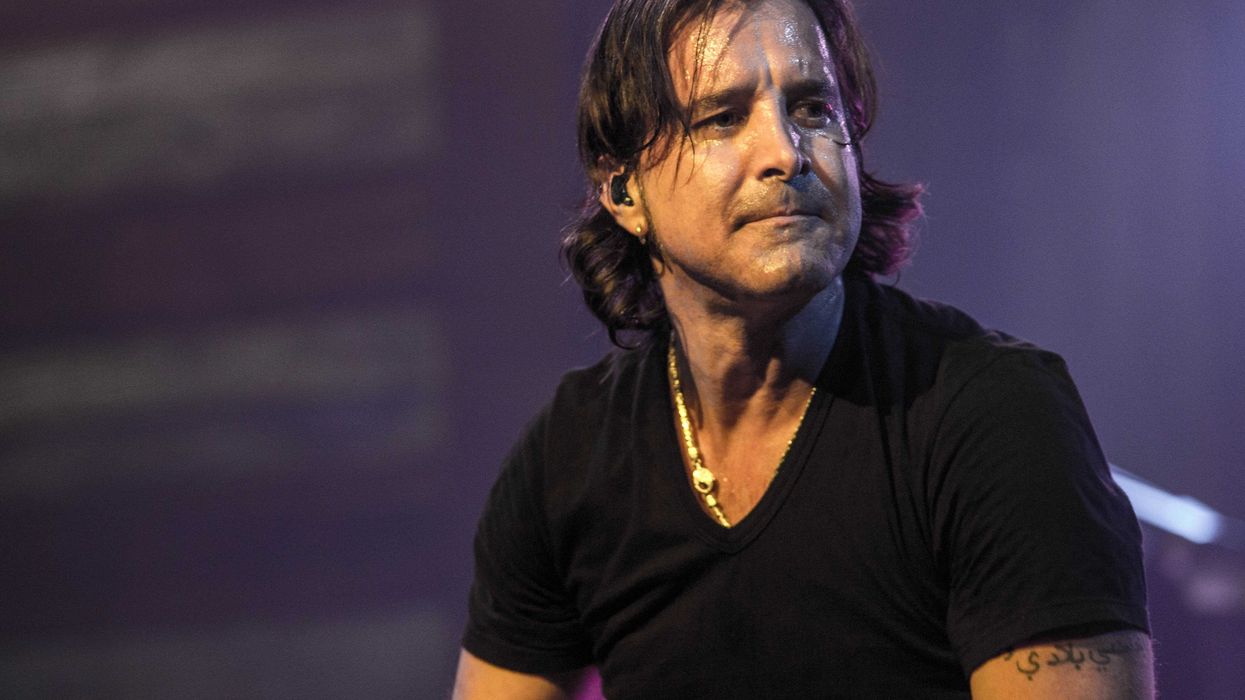Speaking before the United Nation’s General Assembly on Friday, Pope Francis issued a surprisingly strong call to action for the gathered global leaders, urging them to take concrete action against climate change. It is an issue, he exclaimed, which “can threaten the very existence of the human species.” Francis made a point to laud the U.N.’s 2030 Sustainable Development agenda, and offered a framework for addressing both the specifically theological, as well as universally moral, need to protect the planet: Not only should we do so for the sake of our own self preservation, but to not would, in fact, be a violation of what he deems the “right of the environment.”
This is how explained what he means:
First, it must be stated that a true "right of the environment" does exist, for two reasons. First, because we human beings are part of the environment. We live in communion with it, since the environment itself entails ethical limits which human activity must acknowledge and respect. Man, for all his remarkable gifts, which "are signs of a uniqueness which transcends the spheres of physics and biology" (Laudato Si', 81), is at the same time a part of these spheres. He possesses a body shaped by physical, chemical and biological elements, and can only survive and develop if the ecological environment is favourable. Any harm done to the environment, therefore, is harm done to humanity. Second, because every creature, particularly a living creature, has an intrinsic value, in its existence, its life, its beauty and its interdependence with other creatures. We Christians, together with the other monotheistic religions, believe that the universe is the fruit of a loving decision by the Creator, who permits man respectfully to use creation for the good of his fellow men and for the glory of the Creator; he is not authorized to abuse it, much less to destroy it. In all religions, the environment is a fundamental good (cf. ibid.).
The phrase “right of the environment,” is likely to become one of the most memorable lines from Francis’ speech, if not his entire papal reign. With it, the Pope has re-framed the debate around climate change, global warming, and environmentalism, unambiguously declaring that our obligation to protect the planet is equal to our obligation to protect our fellow human beings. For Francis, the two are one and the same.
In fact, this is far from the Vatican’s first time framing environmentalism in moral terms. What seems different here is Francis’ ability to galvanize support for the issue by universalizing his message to resonate beyond the Church, and personalize it to those who might otherwise only be able to grapple with Climate Change in the abstract. As he told the General Assembly: “Any harm done to the environment, therefore, is harm done to humanity.” It’s a simple, straightforward assessment, but when spoken to a governing body infamous for efficient inefficiency, Francis’ message comes across as a refreshing burst of urgent honesty, rather than political grandstanding.
The Pope’s speech, which ran upwards of twenty thousand words, also touched upon the issues of refugee rights, and the obligation to care for the poor and less fortunate within our communities. Citing previous Popes, and various theological teachings, Francis presented a cohesive worldview in which our charge to treat one another, and our planet, with care and respect, all stem from the same divine source.
That, ultimately, may be the true strength of the Pope’s United Nations speech: In a time when we remain divided by political, national, and religious issues, he offered in this instance a uniquely universal message, urging us to see past differences in order to make this world a better, more just place for us all.
















 Otis knew before they did.
Otis knew before they did.